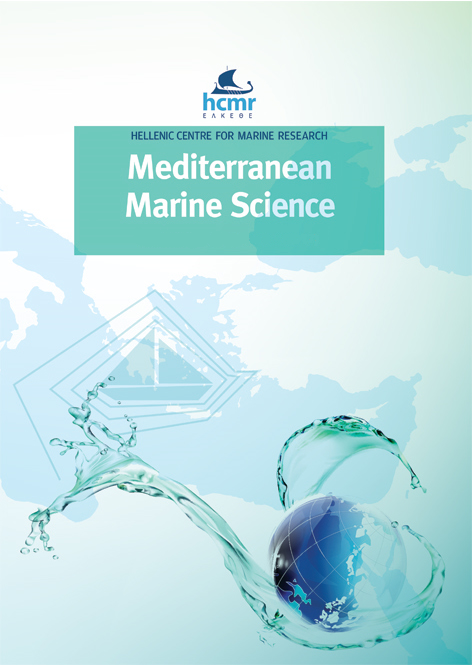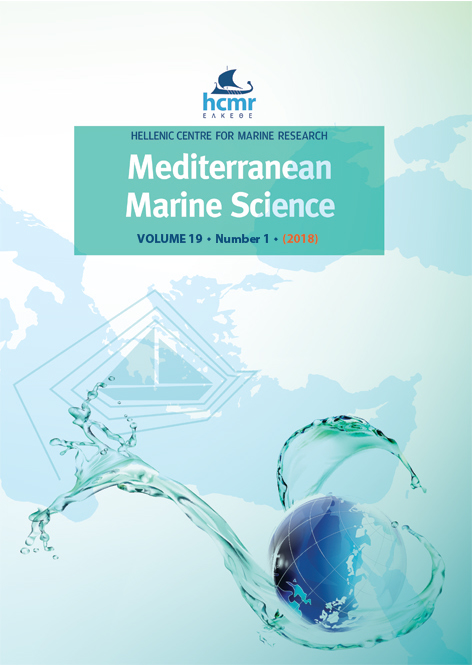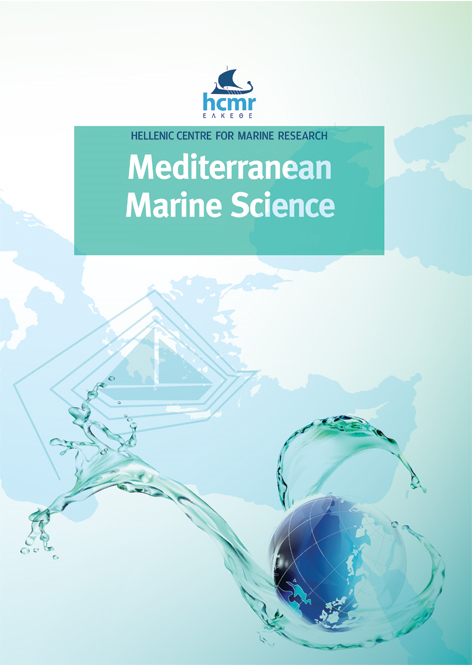Episcomitra angelesae (Mollusca: Gastropoda: Mitridae), a new species from an exceptional deep habitat in the Alboran Sea
Abstract
A new species of gastropod, Episcomitra angelesae (Neogastropoda: Mitridae), is described from specimens collected in the upper bathyal level of the Alboran Sea (Seco de los Olivos and Alboran Ridge). The new species is compared with other similar species known from the Atlanto-Mediterranean area, including Episcomitra zonata (Marryat, 1819) and Isara turtoni (Watson, 1890). The habitat of this new species, hard substrate with coral rubble patches at 250-320 m depth on submarine elevations, is very unusual in the Mediterranean Sea and is described based on Remotely Operated Vehicle video footage. The amount of coral rubble on the type locality is disproportionate to the very few live coral colonies found in the vicinity, and is assumed to be relict of former hydrological conditions.
Article Details
- Zitationsvorschlag
-
CABALLERO-HERRERA, J. A., GOFAS, S., & RUEDA, J. L. (2022). Episcomitra angelesae (Mollusca: Gastropoda: Mitridae), a new species from an exceptional deep habitat in the Alboran Sea. Mediterranean Marine Science, 23(1), 14–24. https://doi.org/10.12681/mms.27880
- Ausgabe
- Bd. 23 Nr. 1 (2022)
- Rubrik
- Research Article
Authors who publish with this journal agree to the following terms:
- Authors retain copyright and grant the journal right of first publication with the work simultaneously licensed under a Creative Commons Attribution Non-Commercial License that allows others to share the work with an acknowledgement of the work's authorship and initial publication in this journal.
- Authors are able to enter into separate, additional contractual arrangements for the non-exclusive distribution of the journal's published version of the work (e.g. post it to an institutional repository or publish it in a book), with an acknowledgement of its initial publication in this journal.
- Authors are permitted and encouraged to post their work online (preferably in institutional repositories or on their website) prior to and during the submission process, as it can lead to productive exchanges, as well as earlier and greater citation of published work (See The Effect of Open Access).








